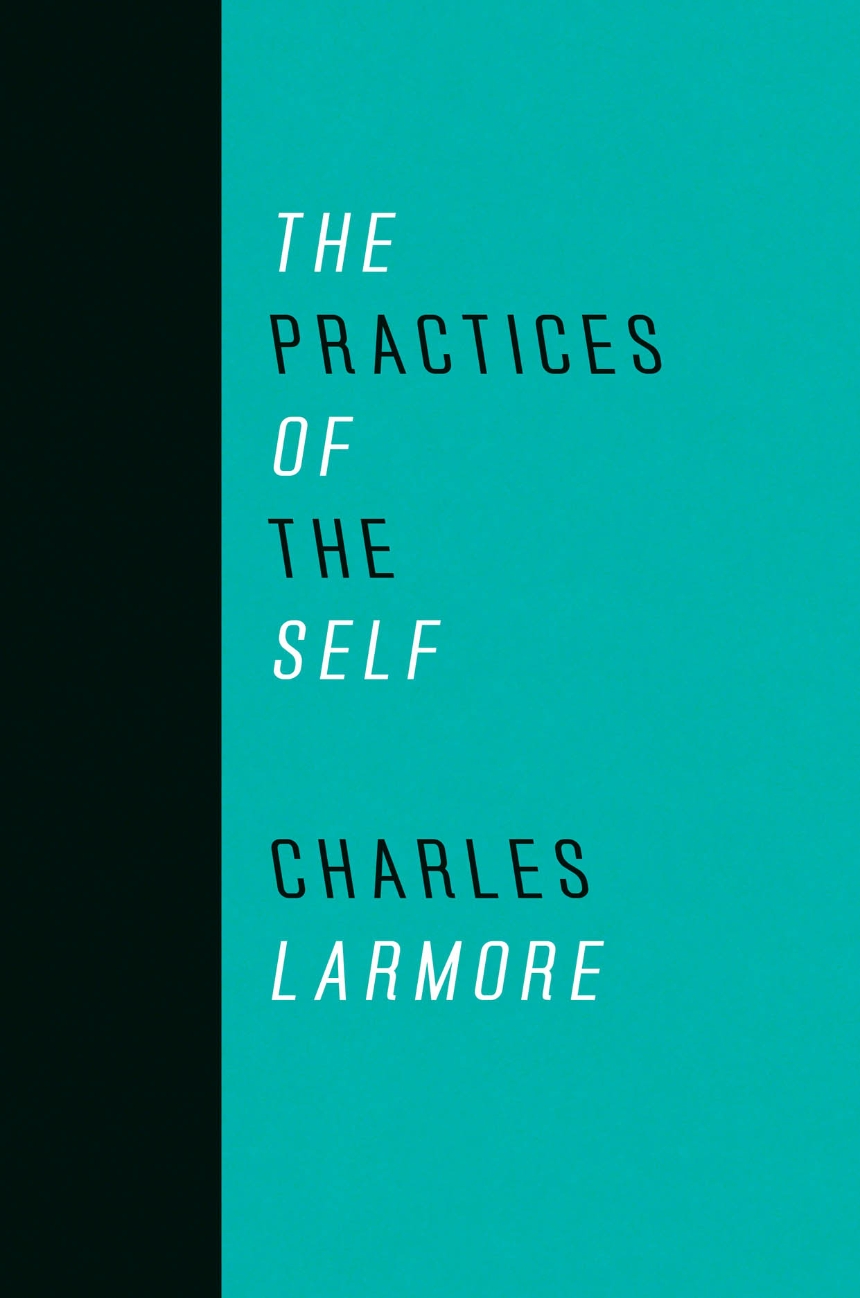The Practices of the Self
What is the nature of the fundamental relation we have to ourselves that makes each of us a self? To answer this question, Charles Larmore develops a systematic theory of the self, challenging the widespread view that the self’s defining relation to itself is to have an immediate knowledge of its own thoughts. On the contrary, Larmore maintains, our essential relation to ourselves is practical, as is clear when we consider the nature of belief and desire. For to believe or desire something consists in committing ourselves to thinking and acting in accord with the presumed truth of our belief or the presumed value of what we desire.
Larmore develops this conception with frequent reference to such classic authors as Montaigne, Stendhal, and Proust and by comparing it to other views of the self in contemporary philosophy. He also discusses the important ethical consequences of his theory of the self, arguing that it allows us to better grasp what it means to be ourselves and why self-understanding often involves self-creation.
Winner of the Académie Française’s Grand Prix de Philosophie, The Practices of the Self is that rare kind of lucid yet rigorous work that transcends disciplinary boundaries.
Reviews
Table of Contents
Preface to the English Translation
Introduction
One. Sincerity and Authenticity
1. Introduction
2. Sartre as Guide
3. Bad Faith and Sincerity
4. The Example of Stendhal
5. Reflection and Being Like Another
6. Being Natural
Two. Social Mimetism
1. The Ubiquity of Convention
2. Being Like Another
3. Authenticity and the Democratic Age
4. Mimetism and Equality
5. Being Oneself amid Conventions
Three. Reflection and Self-Knowledge
1. Authenticity and the Nature of the Self
2. Foundations of a Theory of Cognitive Reflection
3. Psychological Interpretation
4. The Structure of Cognitive Self-Reflection
5. The Self in Cognitive Reflection
Four. A Normativist Conception of the Mind
1. Representing and Reasoning
2. A Critique of Autonomy
Five. Practical Reflection
1. Obligations and Avowals
2. A Defense of First-Person Authority
3. The Persistence of the Cartesian Model
4. The Key to the Mystery
5. A Final Problem
6. Conclusion
Six. Being Oneself and Being Like Another
1. Two Ways of Being Oneself
2. The Domain of Authenticity
3. The Instability of Practical Reflection
4. Authenticity and Conversion
5. How To Be Virtuous
6. The Ends of Reflection
7. Reflection and Its Problems
Seven. Prudence and Wisdom
1. The Self and Time
2. The Importance of Unexpected Goods
3. Socrates’ Mistake
4. The Limits of Prudence
5. Wisdom
Index
